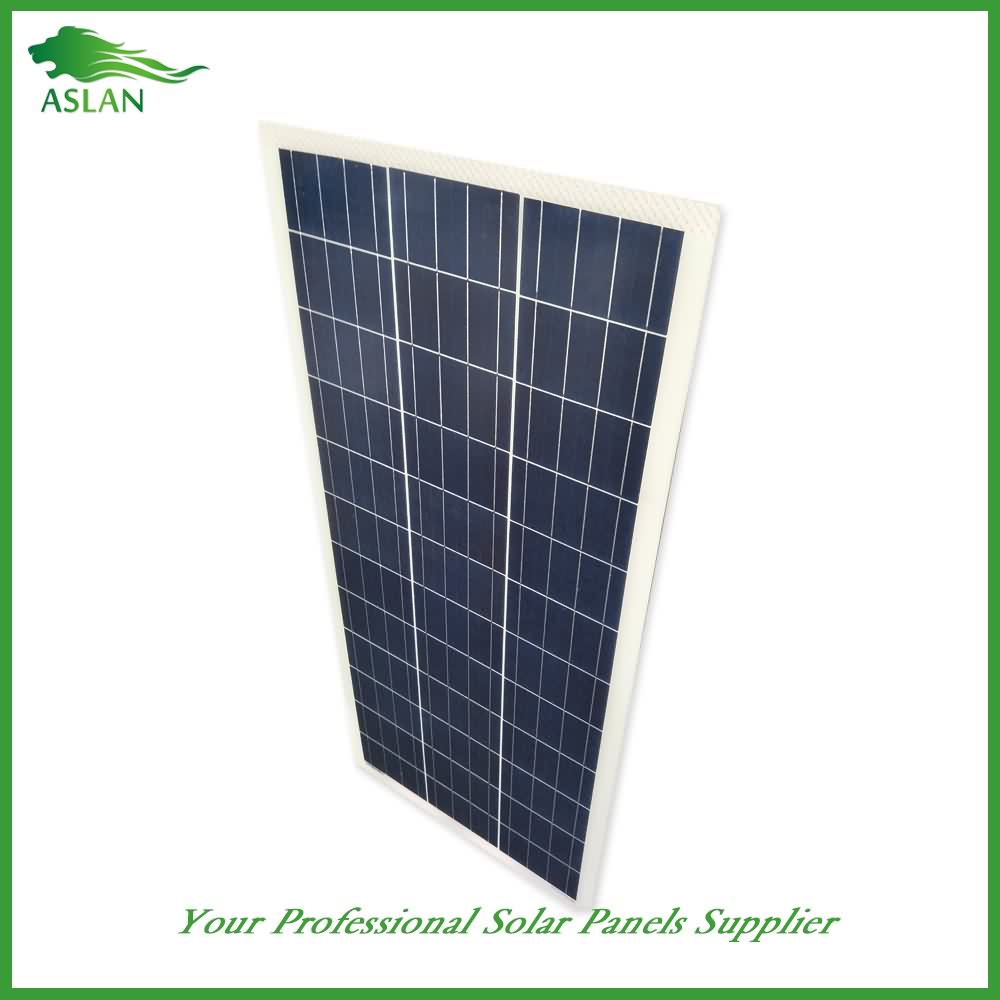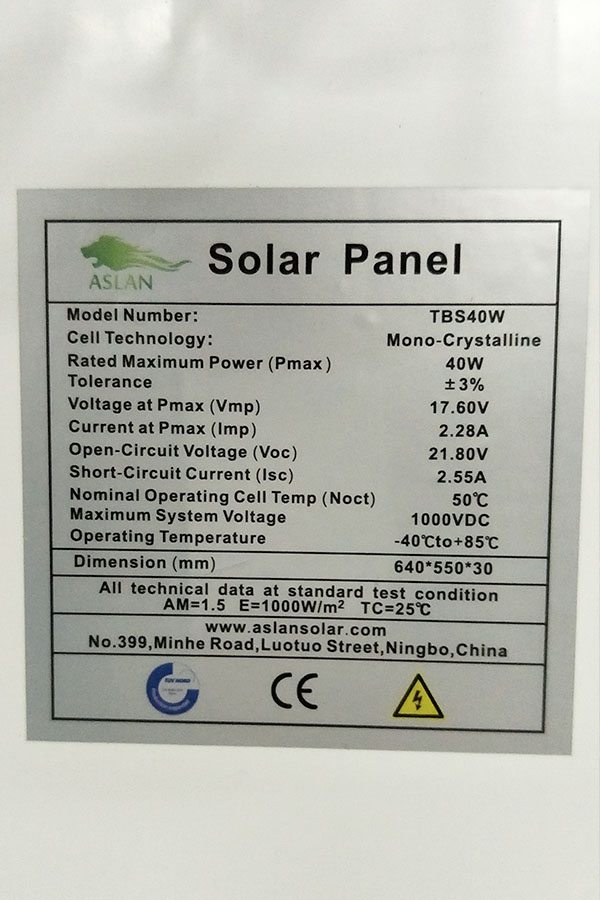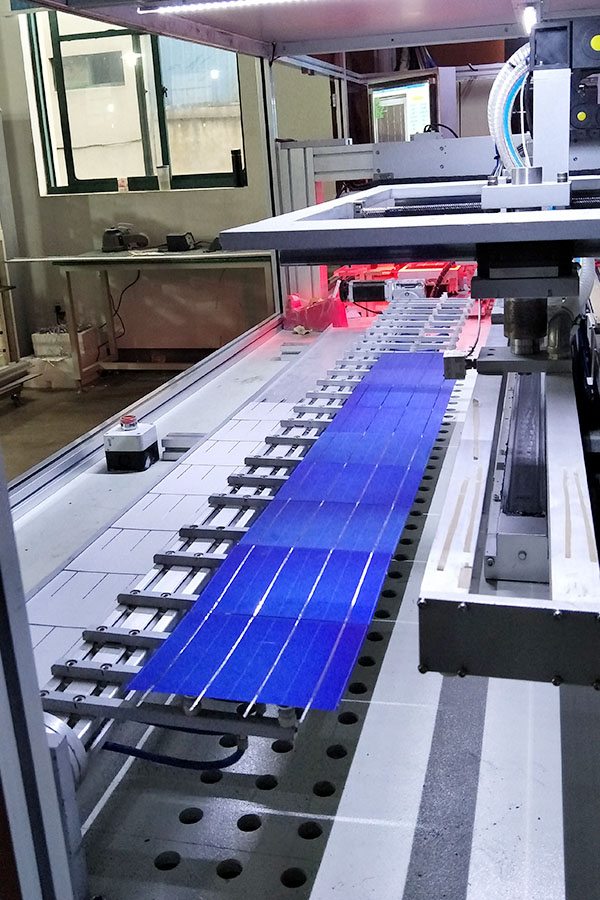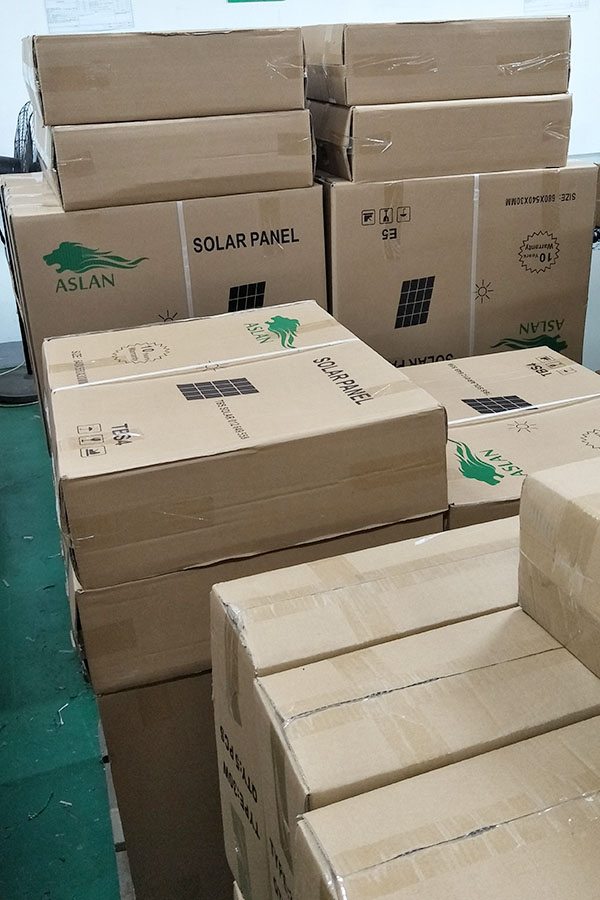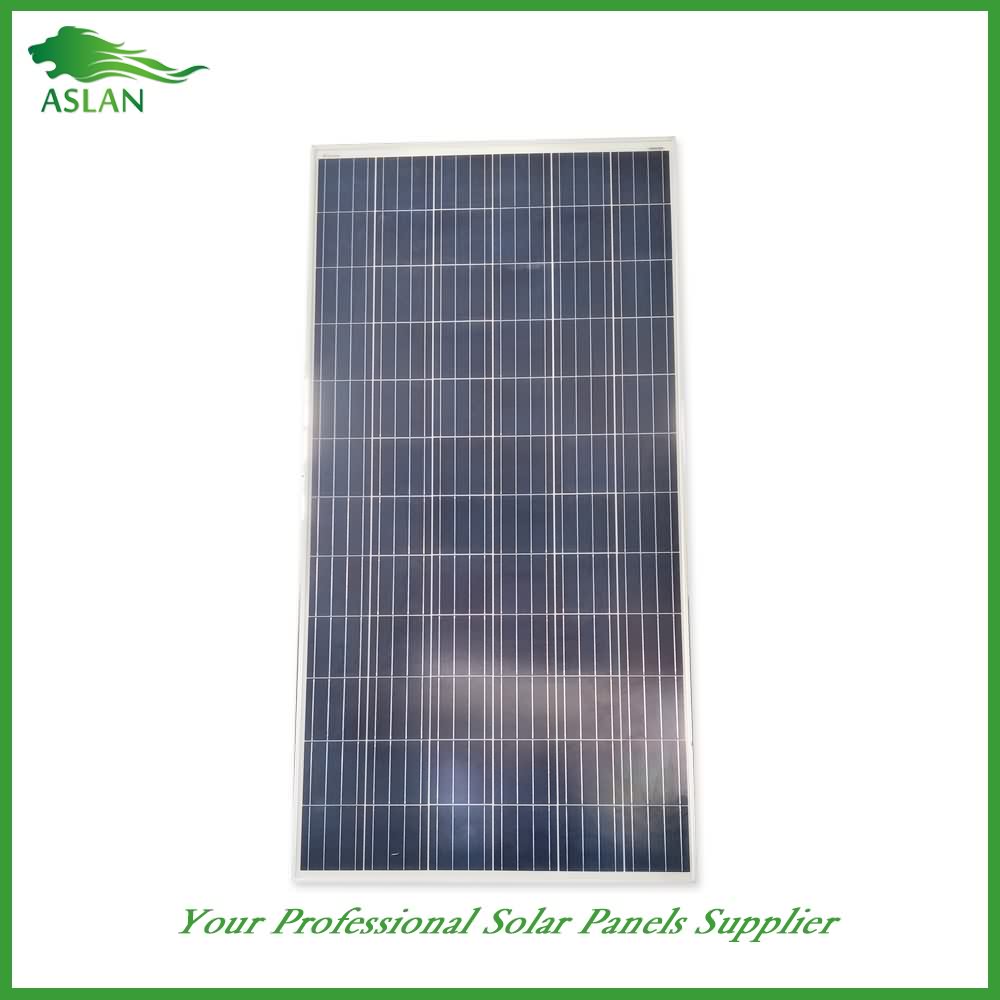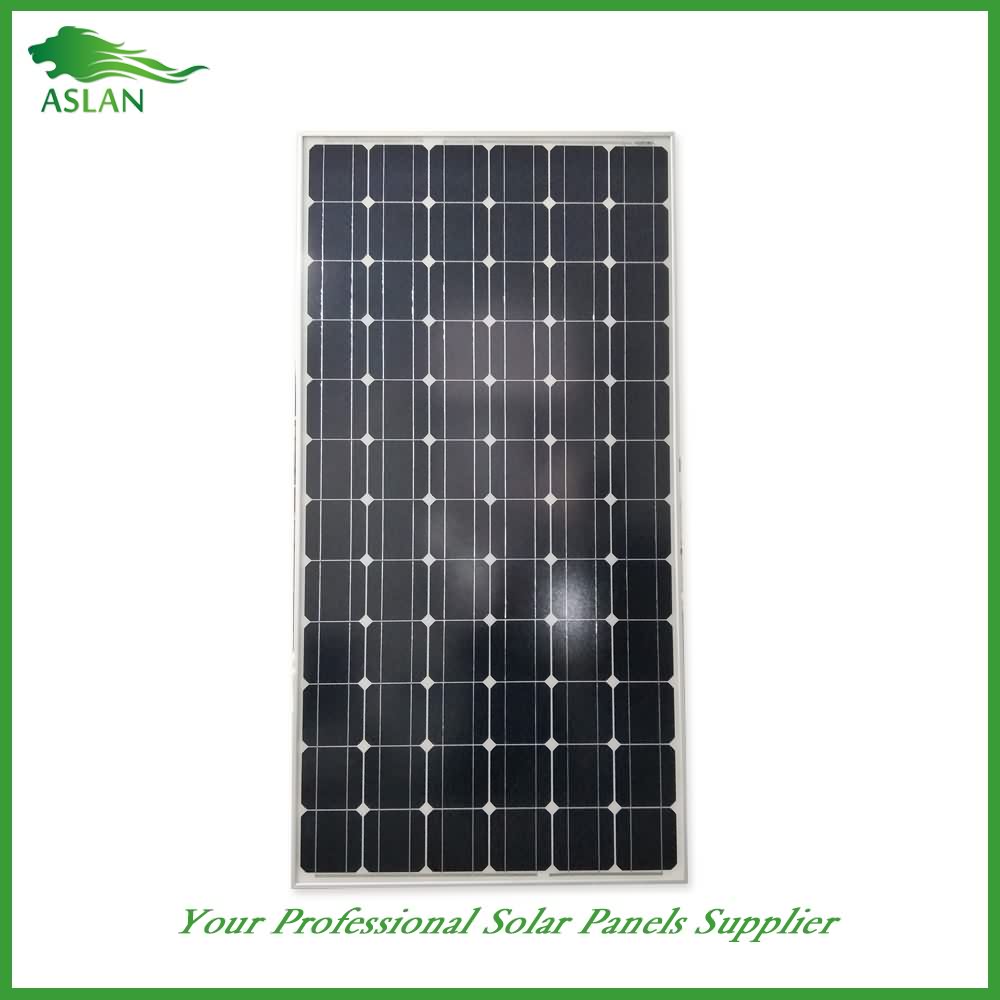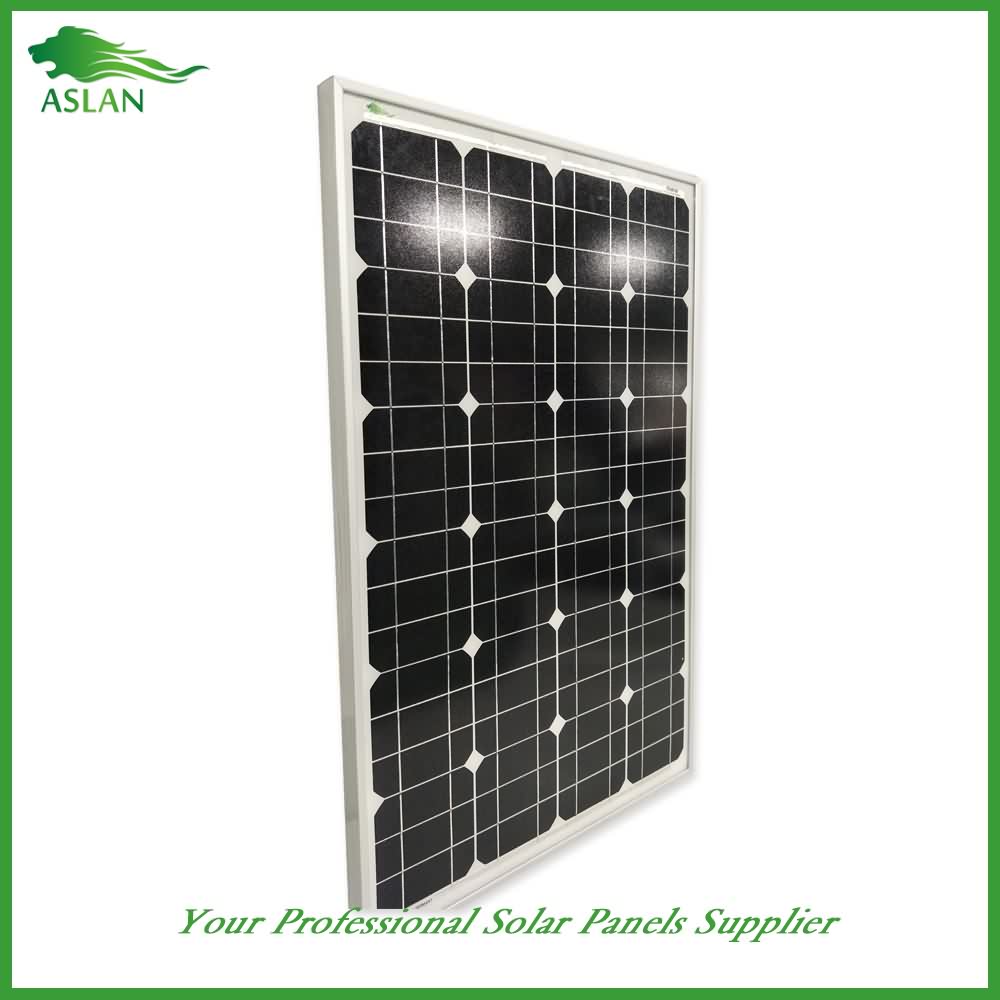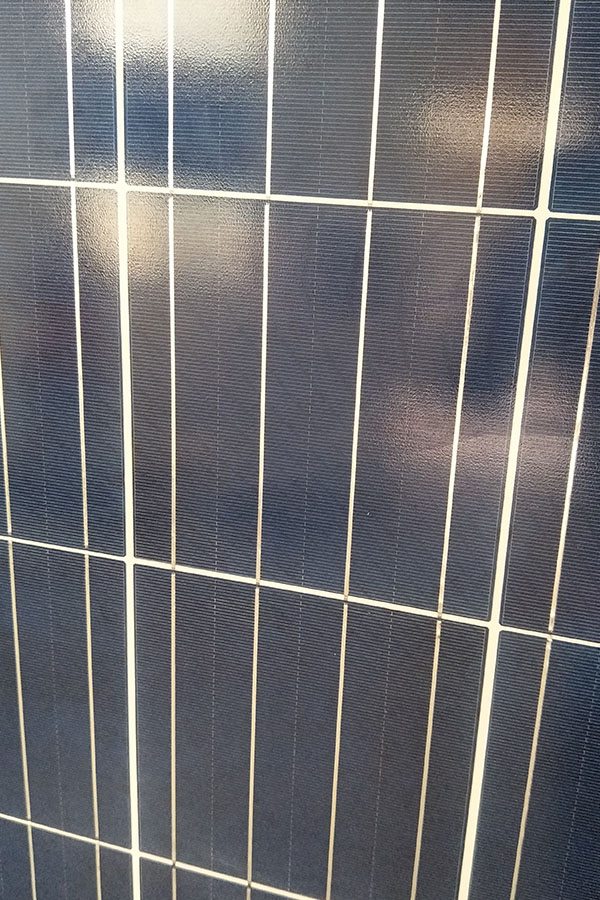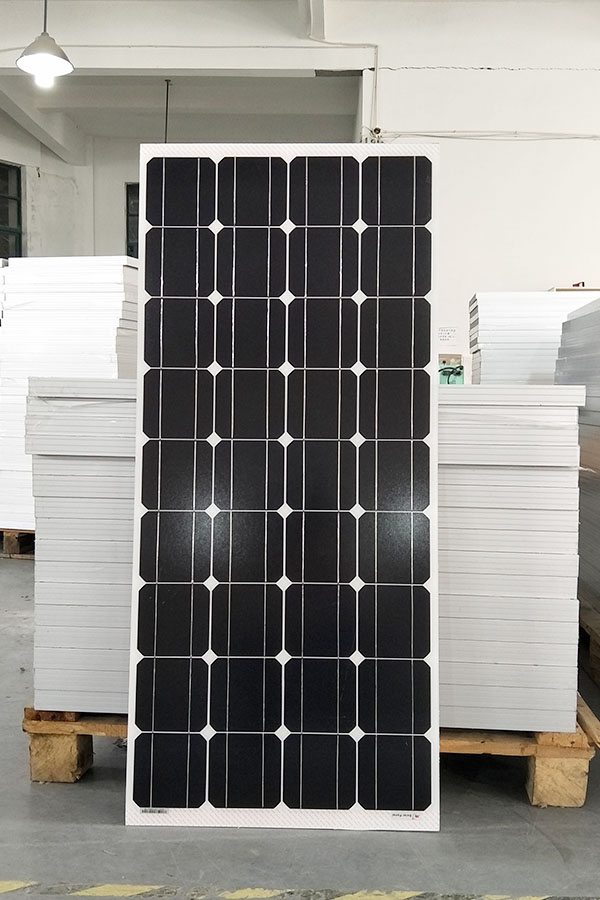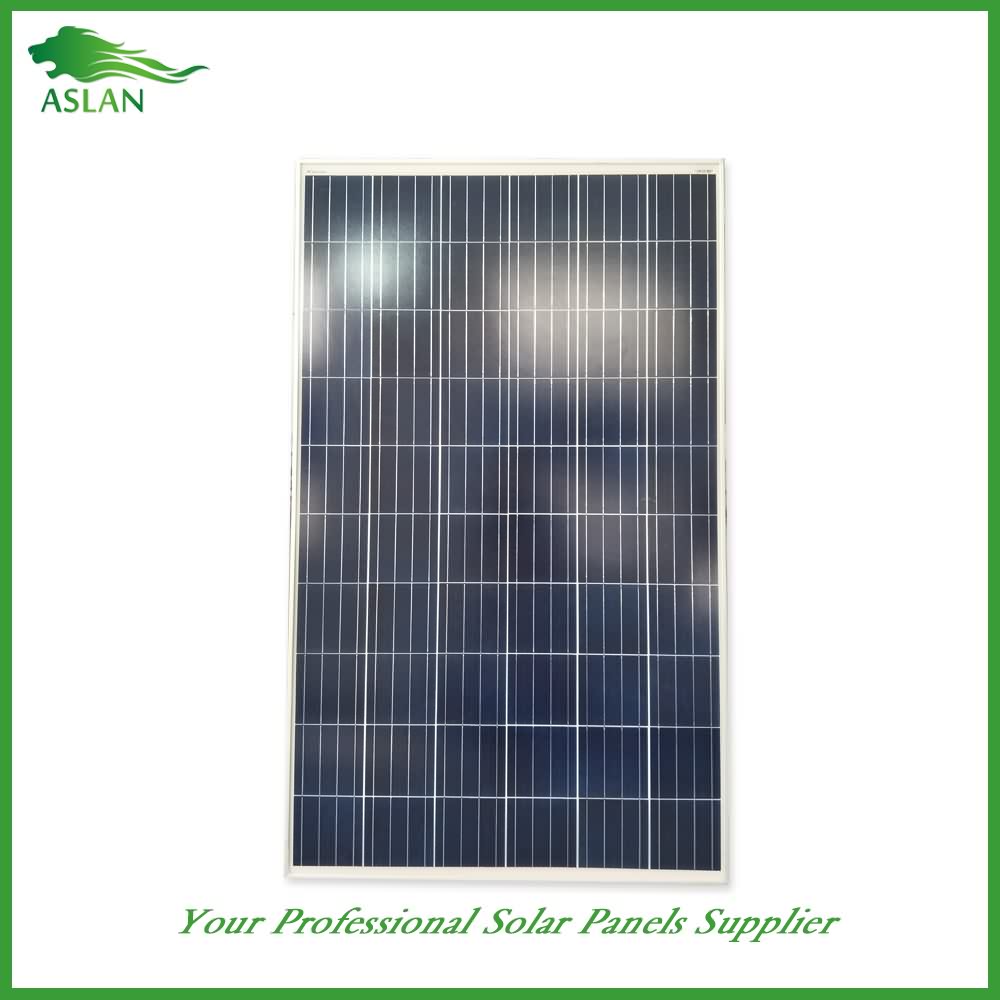Best Price for Poly-crystalline Solar Panel 80W to Peru Factory
Short Description:
We depend on sturdy technical force and continually create sophisticated technologies to meet the demand of Best Price for Poly-crystalline Solar Panel 80W to Peru Factory, "Create Values,Serving Customer!" is the aim we pursue. We sincerely hope that all customers will establish long term and mutually beneficial cooperation with us.If you wish to get more details about our company, Please contact with us now
Poly-crystalline Solar Panel 80W
Technical parameter
Maximum Power(W) 80W
Optimum Power Voltage(Vmp) 18.13V
Optimum Operating Current(Imp) 4.70A
Open Circuit Voltage(Voc) 21.79V
Short Circuit Current(Isc) 5.16A
Mechanical Characteristics
Cell Type Poly-crystalline 156x104mm (6 inch)
No of Cell 36 (4x9pcs)
Dimensions 1008x678x35mm
Weight 8.3KGS
Front Glass 3.2mm,High Transmission, Low Iron,Tempered Glass
Junction box IP65 Rated
Output Cable TUV 1×4.0mm2/UL12AWG,Length:900mm
Temperature and Coefficients
Operating Temperature(°C): -40°C ~ + 85°C
Maximum System Voltage: 600V(UL)/1000V(IEC) DC
Maximum Rated Current Series: 15A
Temperature Coefficients of Pmax: -0.435%
Temperature Coefficients of Voc: -0.35%
Temperature Coefficients of Isc: 0.043%
Nominal Operationg Cell Temperature (NOCT): 47+/-2°C
Materials of solar panel
1).Solar Cell——Poly-crystalline solar cell 156*104mm
2).Front Glass——-3.2mm, high transmission, low iron, tempered glass
3).EVA——-excellent anti-aging EVA
4).TPT——-TPT hot seal made of flame resistance
5).Frame——anodized aluminum profile
6).Junction Box——-IP65 rated, high quality, with diode protection
Superiority: high quality anodized aluminum frame, high efficiency long life, easy installation, strong wind resistance, strong hail resistance.
Features
1. High cell efficiency with quality silicon materials for long term output stability
2. Strictly quality control ensure the stability and reliability, totally 23 QC procedures
3. High transmittance low iron tempered glass with enhanced stiffness and impact resistance
4. Both Poly-crystalline and Mono-crystalline
5. Excellent performance in harsh weather
6. Outstanding electrical performance under high temperature and low irradiance
Quality assurance testing
Thermal cycling test
Thermal shock test
Thermal/Freezing and high humidity cycling test
Electrical isolation test
Hail impact test
Mechanical, wind and twist loading test
Salt mist test
Light and water-exposure test
Moist carbon dioxide/sulphur dioxide
Living in a Tiny House Heated with FREE Solar Power in Canada #RJ
Living in a Tiny House Heated with FREE Solar Power in Canada #RJ
Living in a Tiny House Heated with FREE Solar Power in Canada #RJ
Gabriel Parent-Leblanc heats his tiny house with an awesome solar air heater. He built his tiny house to prove it was possible to live in a tiny house year round in a northern climate. Not only did he succeed (he’s been living in it for almost 2 years) but he also has one of the smallest heating bills I’ve ever seen. In the winter of 2014/2015, which was one of the coldest in the last 100 years, he spent only $100 on heat thanks to his solar air heater panel which provided the bulk of his heat during the day.
Gabriel built his own tiny house with the help of friends and also started the first tiny house company in Quebec, Canada: Habitations MicroÉvolution:
The solar air heater he uses is distributed by EcoSolaris and they’re planning to release a new and improved model very soon (we filmed a video about it for you, coming soon!):
At night, Gabriel uses an electric heater that is plugged into an energy meter to track how much energy he uses for heat. This isn’t the exact meter he used but it was something like this:
His tiny house design was focussed on creating a spacious and comfortable living room with a massive u-shaped sitting area that has the option to put up a table up to make it a dinette, or put down the table to make it an extra bed.
He’s also got a galley kitchen, a sleeping loft, storage loft, and small bathroom with a shower and composting toilet.
The fact that Gabriel’s house is run almost completely on solar power is pretty impressive. He’s got 750 Watts on his roof that power the lights, fridge, water pump, and all of his electrical outlets; and his solar air heating panel provides a lot of his heating needs.
While he is living almost completely off grid in a suburb of Montreal, one thing Gabriel does find challenging is his small water tank. It only holds 100 litres so he often has to re-fill it with a hose. With his metal roof he could probably install a rainwater catchment system to provide some of his water needs.
You can find out more about Gabriel’s tiny house business and his workshops here:
You can also follow Gabriel on YouTube:
For anyone interested in the products Gabriel mentioned in the video (his trailer, the vertical planter, tiny house plans, natural wood oil), check out his store here:
Thanks for watching!
Mat & Danielle
————————————————————-
SUPPORT OUR CHANNEL!
————————————————————
If you like our videos, please consider supporting us on Patreon:
————————————————————-
STAY IN TOUCH!
————————————————————
Blog: www.exploringalternatives.ca
Facebook: /exploringalternativesblog
Instagram: @exploringalternatives
————————————————————-
VIDEO CREDITS
————————————————————
Music & Song Credits:
All music in this video was composed, performed, and recorded by Mat of Exploring Alternatives.
Editing Credits:
Mat and Danielle of Exploring Alternatives
Filming Credits:
Mat of Exploring Alternatives
Photo Credits:
Still shots of the tiny house in winter, and of Gabriel teaching his tiny house workshop were taken by Jean-Sébastien Poirier from Daedalos Media minimalist
Subscribe & More Videos: https://goo.gl/DvNdAS
Thank for watching, Please Like Share And SUBSCRIBE!!!
#tinyhouseonwheels, #minimaisonquebec
We have 14 x 250W solar panels on our south facing roof which gives a total of 3000kWp. As you can see at peak generation we get nearly 3000W of electricity produced. The total output from our solar panels is 20kWh per day on the best days over the summer, nearly 7kWh per kWp of solar panels
